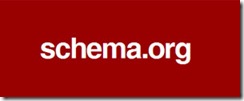
The role of Role in Schema.org
This post is about an unusual, but very useful, aspect of the Schema.org vocabulary — the Role type.
Check out our new fixed price service to find out how your site is performing!

This post is about an unusual, but very useful, aspect of the Schema.org vocabulary — the Role type.

Google announced yesterday that it is the end of the line for Freebase – will this be good for Wikidata?

It is one thing to have a vision, regular readers of this blog will know I have them all the time, its yet another to see it starting to form through the mist into a reality. Several times in the recent past I have spoken of the some of the building blocks for bibliographic data to play a prominent part in the Web of Data. The Web of Data that is starting to take shape and drive benefits for everyone. Benefits that for many are hiding in plain site on the results pages of search engines. In those informational panels …

Several significant bibliographic related proposals were brought together in a package which I take great pleasure in reporting was included in the latest v1.9 release of Schema.org

They’re released! A couple of months back I spoke about the preview release of Works data from WorldCat.org. Today OCLC published a press release announcing the official release of 197 million descriptions of bibliographic Works. A Work is a high-level description of a resource, containing information such as author, name, descriptions, subjects etc., common to all editions of the work. The description format is based upon some of the properties defined by the CreativeWork type from the Schema.org vocabulary. In the case of a WorldCat Work description, it also contains [Linked Data] links to individual, OCLC numbered, editions already shared …

One of the most challenging challenges in my evangelism of the benefits of using Schema.org for sharing data about resources via the web is that it is difficult to ‘show’ what is going on. The scenario goes something like this….. “Using the Schema.org vocabulary, you embed data about your resources in the HTML that makes up the page using either microdata or RDFa….” At about this time you usually display a slide showing html code with embedded RDFa. It may look pretty but the chances of more than a few of the audience being able to pick out the schema:Book …
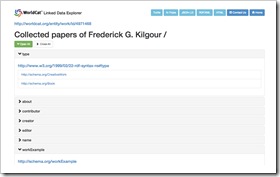
Since announcing the preview release of 194 Million Open Linked Data Bibliographic Work descriptions from OCLC’s WorldCat, last week at the excellent OCLC EMEA Regional Council event in Cape Town; my in-box and Twitter stream have been a little busy with questions about what the team at OCLC are doing. Instead of keeping the answers within individual email threads, I thought they may be of interest to a wider audience: Q I don’t see anything that describes the criteria for “workness.” “Workness” definition is more the result of several interdependent algorithmic decision processes than a simple set of criteria. To …
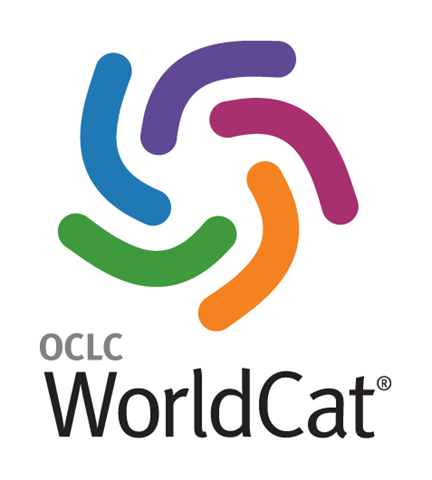
demonstrating on-going progress towards implementing the strategy, I had the pleasure to preview two upcoming significant announcements on the WorldCat data front: 1. The release of 194 Million Linked Data Bibliographic Work descriptions. 2. The WorldCat Linked Data Explorer interface
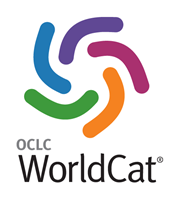
I am pleased to share with you a small but significant step on the Linked Data journey for WorldCat and the exposure of data from OCLC. Content-negotiation has been implemented for the publication of Linked Data for WorldCat resources. For those immersed in the publication and consumption of Linked Data, there is little more to say. However I suspect there are a significant number of folks reading this who are wondering what the heck I am going on about. It is a little bit techie but I will try to keep it as simple as possible. Back last year, a …
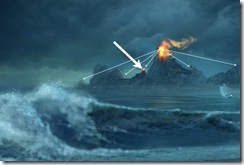
As is often the way, you start a post without realising that it is part of a series of posts – as with the first in this series. That one – Entification, the following one – Hubs of Authority and this, together map out a journey that I believe the library community is undertaking as it evolves from a record based system of cataloguing items towards embracing distributed open linked data principles to connect users with the resources they seek. Although grounded in much of the theory and practice I promote and engage with, in my role as Technology Evangelist …